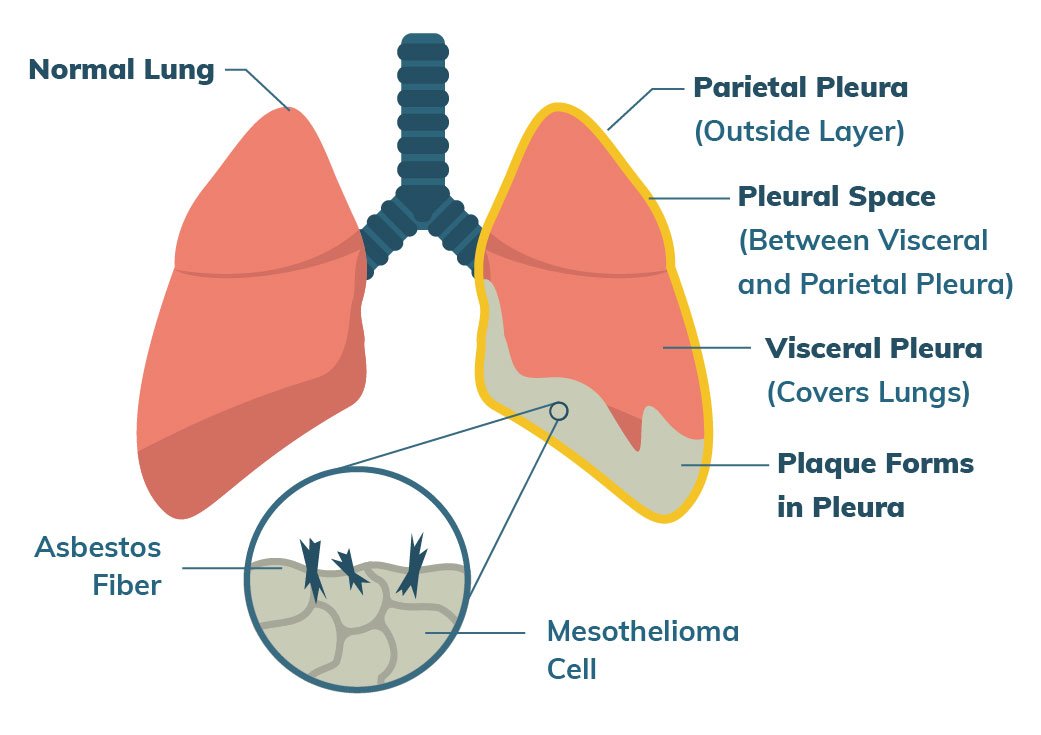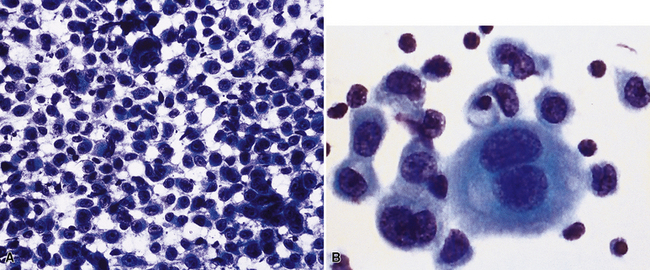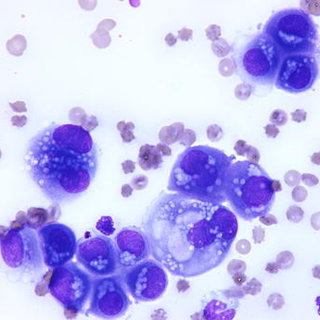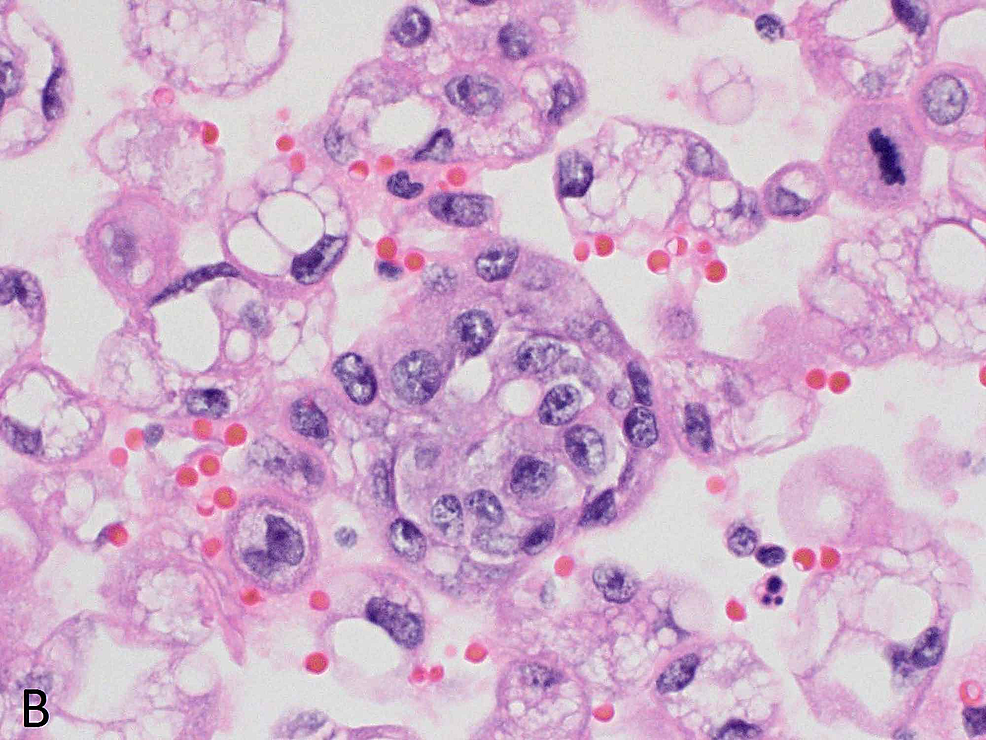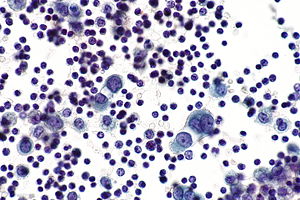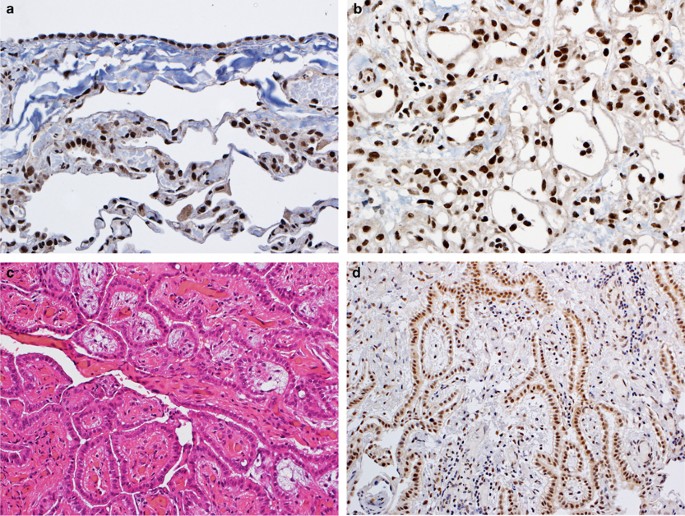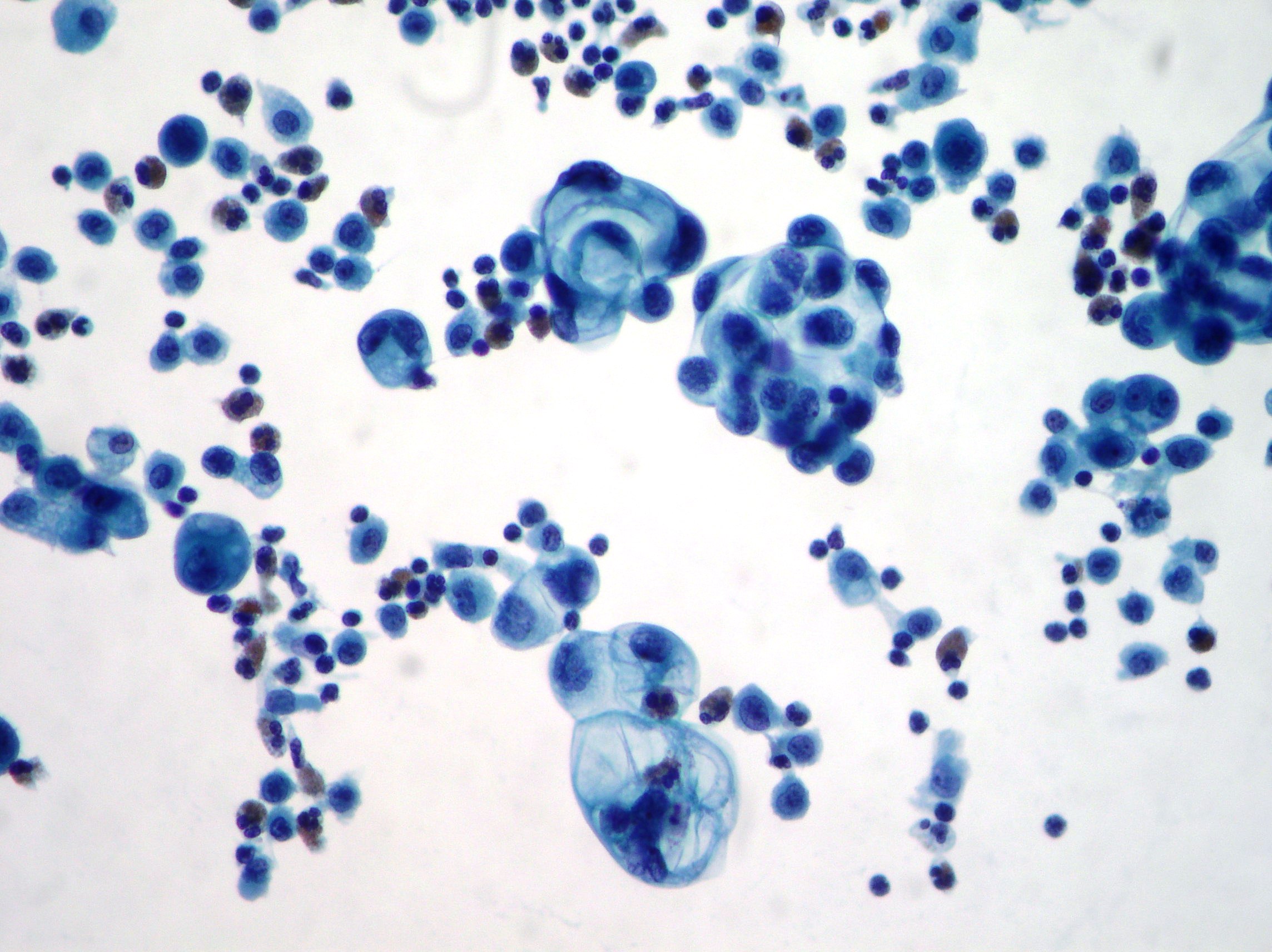Pleural mesothelioma lung cancer or asbestosis can all be caused by asbestos fibers. When the disease is called malignant pleural mesothelioma this means it is cancerous and will spread.
Https Encrypted Tbn0 Gstatic Com Images Q Tbn 3aand9gctu5wwfkxxwsgbbkfauk0qb8mgvh Qb4amhb6eivjpuelgmzrfs Usqp Cau
Standard pleural mesothelioma treatment options can include surgery radiation therapy and chemotherapy.
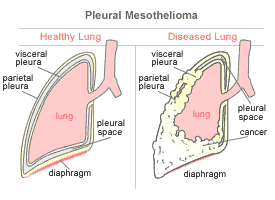
Mesothelioma pleural. Pleural effusion is a buildup of fluid in the space around the lungs. While the prognosis for pleural mesothelioma is poor there are important treatment options that can extend life expectancy. Malignant pleural mesothelioma accounts for 80 90 of all mesothelioma diagnoses.
It is caused by inhaling asbestos fibers. Pleural mesothelioma treatment options. Signs and symptoms lungs.
It affects the protective tissues that line the lungs and chest pleura. Mesothelioma affects the mesothelium or thin linings covering organs such as the lungs pleural mesothelioma and abdomen peritoneal mesothelioma. The symptoms of mesothelioma make it difficult to diagnose.
When pleural mesothelioma develops it spreads rapidly often from one layer of the pleura to the next and then to the lung and other tissues. As a result of pleural effusion excess fluids within the lining of the lungs the beginning signs a patient may experience is a persistent cough andor shortness of breath. Pleural mesothelioma is a cancer of the lining of the lungs known as the pleura.
Shortness of breath cough and pain in the chest due to an accumulation of fluid in the pleural space pleural effusion are often symptoms of pleural mesotheliomamesothelioma that affects the pleura can cause these signs and symptoms. Symptoms or signs of mesothelioma may not appear until 20 to 50 years or more after exposure to asbestos. What type of cancer is mesothelioma.
Pleural mesothelioma is a rare type of asbestos caused cancer. Pleural mesothelioma symptoms mainly affect the respiratory system including the airway breathing muscles and lung. Chemotherapy is the most common type of pleural treatment.
Malignant mesothelioma is a rare and aggressive cancer. A new study says when it comes to pleural effusion in mesothelioma the two main solutions are pretty equal with one exception. This specific disease makes up approximately 80 of all mesothelioma cases.
Pleural mesothelioma is a cancer of the pleural cavity which is a thin membrane between the chest wall and lung cavity. A combination of treatments can be used which is known as multimodal therapy if a patient is diagnosed early. There are different types of mesothelioma including pleural and peritoneal mesothelioma.

Malignant Pleural Mesothelioma Disease Malacards Research Articles Drugs Genes Clinical Trials
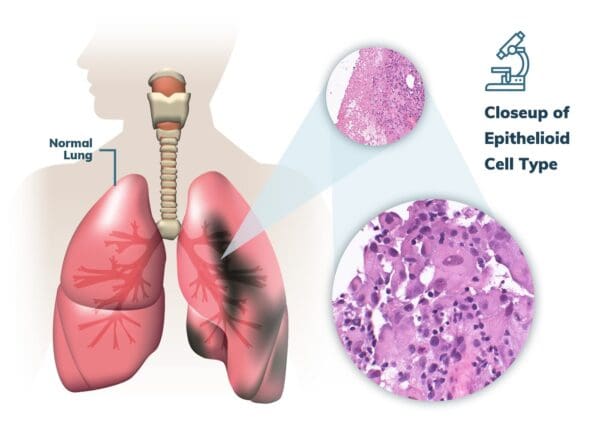
Pleural Mesothelioma Stages Treatment Prognosis
Https Encrypted Tbn0 Gstatic Com Images Q Tbn 3aand9gcrheiekogxvmwle4w4sb4 Bhrsqgcucp5nubatiyl Jo69wqwrt Usqp Cau
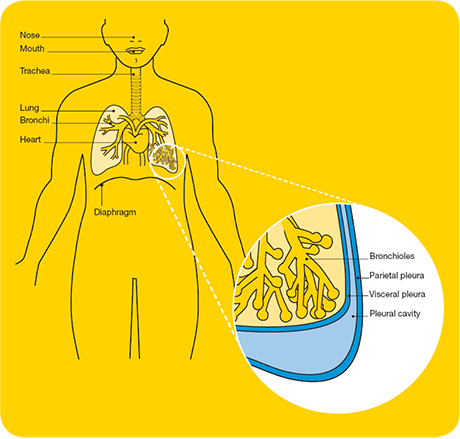
Pleural Mesothelioma Cancer Council Nsw
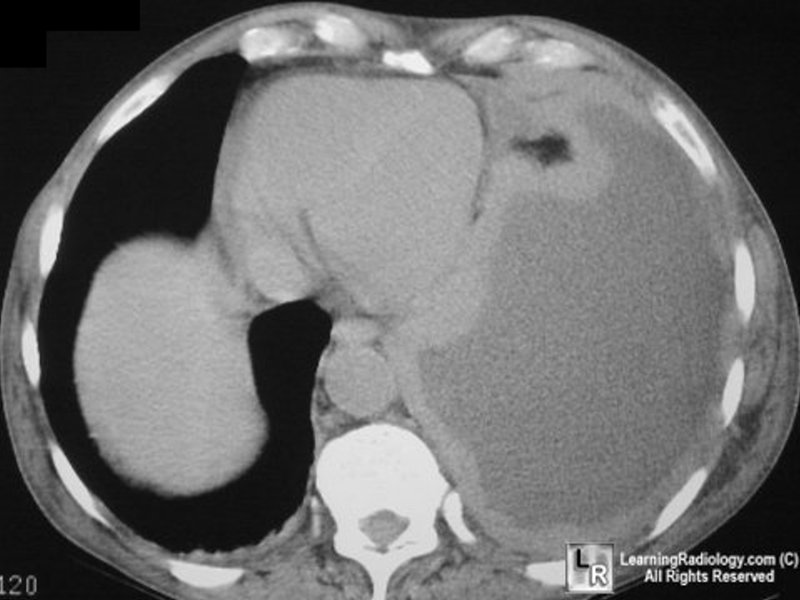
Learningradiology Mesothelioma Radiology Malignant Imaging X Ray Asbestosis

Pleural Mesothelioma Cancer Is Also Known As Cancer Of The Lung Lining Mesothelioma
